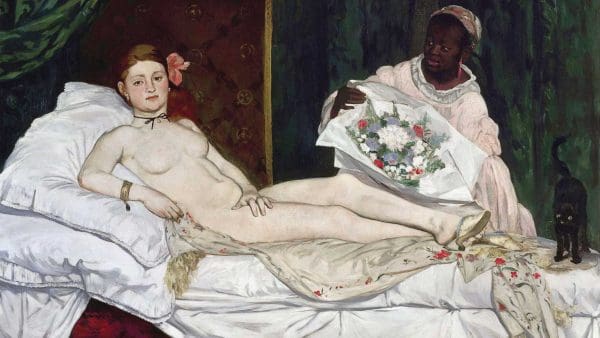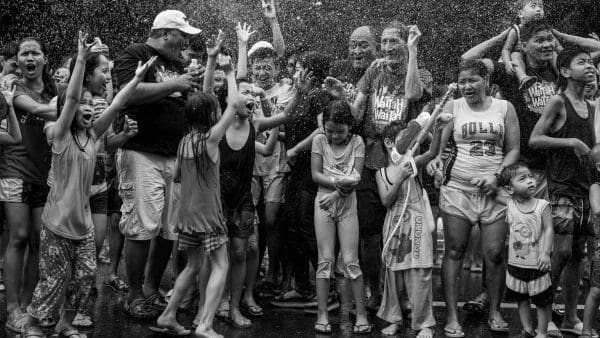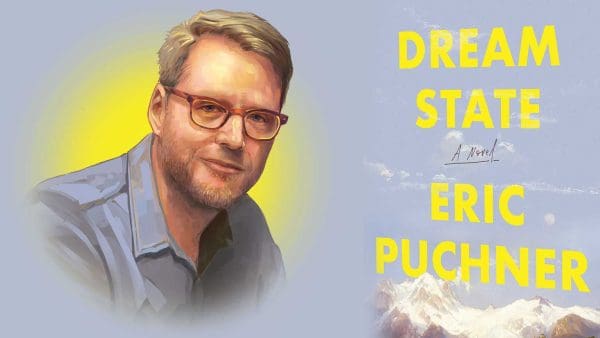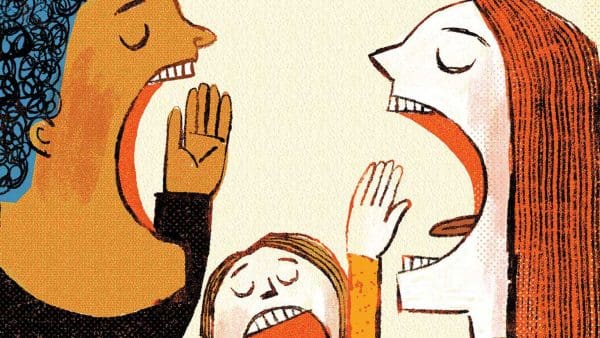Danielle Evans
Associate Professor in The Writing Seminars

A&S: How to do you embark on writing a short story, and how do you know if it’s going to work?
Danielle Evans: I always carry a notebook with me because I usually have a running list of more than 75 ideas that are pushing me in the direction of a story. Once I land on something, it’s kind of like putting a puzzle together: if I’m thinking about a character and a space, for example, I need to understand why I want to connect those two things and identify some of the ways I might do that. After I’ve entertained the different pieces in my head for a while, I will write a quick draft, always looking for the point where the story really opens up. Sometimes I don’t know what I have until the story is over and I can see what it’s really about.
So from that first draft, I start making foundational edits and then start doing lots of rewrites. It’s a long path to get to what I’m happy with. I tell my students that it’s ok to be in a space where you’re trying to figure out if you’ve given the characters enough room to breathe. I also encourage them to consider the intention of a story they have written, and I will share with them what I understand the intention to be. I want them to experiment with the stories they write.
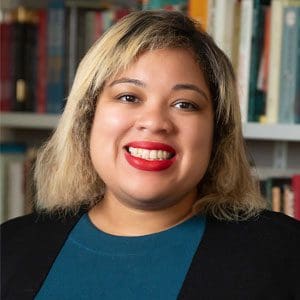
Danielle Evans is author of two story collections:
Before You Suffocate Your Own Fool Self and The Office of Historical Corrections
Prizes/Awards: Her first collection won the PEN/Robert W. Bingham Prize, the Hurston/Wright award for fiction, and the Paterson Prize for fiction; her second won the Janet Heidinger Kafka Prize and was a finalist for the Aspen Literary Prize, the Story Prize, the Chautauqua Prize, and the Los Angeles Times Book Prize for fiction. She has also been awarded the New Literary Project Joyce Carol Oates Prize and a National Endowment for the Arts fellowship. Her stories have appeared in magazines and anthologies including The Best American Short Stories and The Paris Review.

